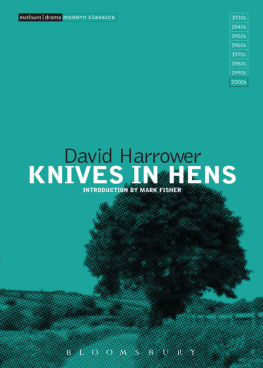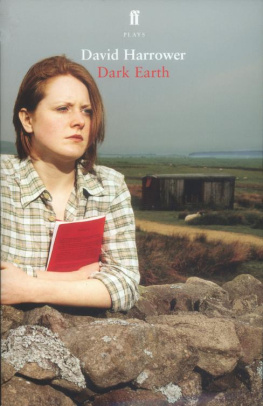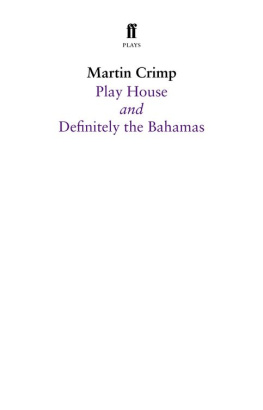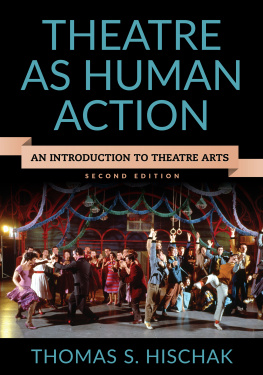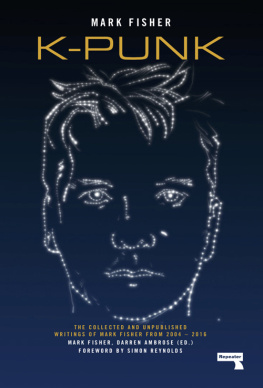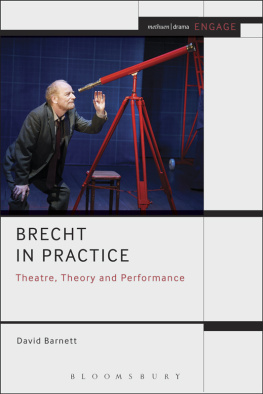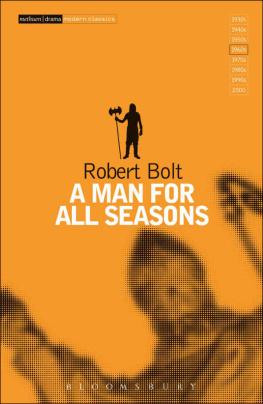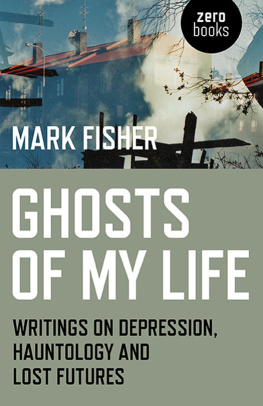Methuen Drama Modern Classics
The Methuen Drama Modern Plays series has always been at the forefront of modern playwriting and has reflected the most exciting developments in modern drama since 1959. To commemorate the fiftieth anniversary of Methuen Drama, the series was relaunched in 2009 as Methuen Drama Modern Classics, and continues to offer readers a choice selection of the best modern plays.
Knives in Hens
Knives in Hens is a brutal fable set in a timeless spartan rural community. First staged at the Traverse Theatre, Edinburgh, in June 1995, before transferring to the Bush Theatre, London, in November 1995, the play was playwright David Harrowers first professionally produced work. It has been staged in twenty-five countries around the world and is widely acknowledged as a modern Scottish classic.
David Harrowers remarkable debut as a professional dramatist creates a haunting, poetic and entirely individual world of its own. I have never seen a play quite like it You leave the theatre in no doubt that you have watched one of the years most heartening and accomplished debuts. Harrower already seems like a writer built to last.
Daily Telegraph
This edition includes an introduction by Mark Fisher.
David Harrower is a Scottish playwright, based in Glasgow. Knives in Hens was his first play. Subsequent plays include Kill the Old Torture Their Young, Presence, Dark Earth, Blackbird, A Slow Air, and Ciara. Harrower has also written adaptations including The Chrysalids, Six Characters in Search of an Author, Ivanov, The Government Inspector, and Enemy of the People.

Contents
Mark Fisher
Dramatic and Historical Context
If you think Knives in Hens is mysterious, elliptical and strange, dont worry: you are not alone. Even playwright David Harrower is at a loss to explain where it came from. His memory of writing it is vague; as impossible to capture, perhaps, as a dream. Maybe it took him six weeks. Maybe it took him two months. He cant say. When youre writing, theres always an interplay between your rational mind and your subconscious, he told me in 2005, ten years after the plays debut. If its good writing, your rational side switches off and you just get lost in it. When you read it again, your rational side kicks in to see whats wrong with it. Then you can go on to a second draft where you lose yourself again. With Knives in Hens, I cant remember writing it or what I was thinking of.
His uncertainty matches the uncertainty within Knives in Hens itself. It is a play that defines and occupies its own world, seeming to exist without precedent or context. As we shall see, this is not exactly the case (everything comes from somewhere), but it is the plays timeless, unpindownable quality that accounts for its exceptional popularity in cultures very far removed from Harrowers native Edinburgh. Something in the primitive impulses of Knives in Hens continues to speak to people across the globe.
So where did this mysterious play come from? The Scottish theatre scene of the early nineties was a lively place. Looking back, we can see the early part of the decade as a pre-devolutionary era characterised by a flourishing of artistic talent and an increasingly distinct theatrical voice. In 1997, the nation would vote for the establishment of a Scottish parliament, with certain powers devolved from Westminster, a decision helped by a renewed cultural confidence. It was a time when playwrights, notably David Greig, who became a close friend of Harrower after meeting at a writers workshop a couple of years before Knives in Hens, were asking questions about nationhood, identity and Scotlands place in the world. The public forum of the theatre was a crucible in which to test the nations sense of itself.
Since the mid-1980s, a wave of homegrown playwrights, including Peter Arnott, John Byrne, Jo Clifford (formerly John Clifford), Chris Hannan, Iain Heggie and Liz Lochhead, had appeared, all reinventing the language in a bold, colourful and individual way. They came after earlier generations who had tried to distinguish themselves from the dominant English-accented theatre of their day by reclaiming their native Scots language for the stage. That battle had been won and their success had freed the 1980s generation to develop a mode of speech that was still identifiably Scottish but less literal, more poetic and more idiosyncratic. Look at the rococo flourishes of Byrnes The Slab Boys (1978), the magpie Scots amalgam of Lochheads Mary Queen of Scots Got Her Head Chopped Off (1987) and the wired cross-talk of Heggies A Wholly Healthy Glasgow (1987) and youll see playwrights delighting in language. By the time Harrower arrived on the scene, the field was clear for a play that not only had a distinctive theatrical poetry of its own, but also could make language itself a central theme.
Knives in Hens can also be placed in a tradition of plays and novels about rural Scotland. In her review of the inaugural production, Joyce McMillan observed that:
the setting of the play is a familiar one in Scottish literature; a kind of archetypal Sunset Song rural community in which an old, stable language, culture and tradition of life is gradually being disrupted by new words, new kinds of analysis, the on-rush of modernity and urbanised culture.
She said the play was rooted in a profoundly Scottish voice and sensibility related to the transition from peasant to urban culture. The book she referred to, Sunset Song (1932), was the first of a trilogy of novels by Lewis Grassic Gibbon about a turn-of-the-century farmers daughter facing the social changes, such as the end of small-scale farming, the arrival of mechanisation and the drift towards the cities, that would be exacerbated by the First World War. The much-loved novel (it was voted Scotlands favourite read in 2005) was adapted for the stage by Alasdair Cording in 1991 and revived for the Edinburgh International Festival in 1993, making its themes very present in the culture. McMillan may also have been thinking of Sue Glovers 1991 play Bondagers, which is set in a Borders farm of the 1860s when male farmers would be hired only if they supplied a female farmhand to work alongside them. These bonded women are the subject of a play that is honest about the rawness and injustice of their lives, but also unashamed to celebrate the laughter, solidarity and joy of a lost way of life. The changing nature of land use was never more polemically dramatised than in John McGraths The Cheviot, the Stag and the Black, Black Oil (1973), which seethed with political rage about the Highland clearances and the indifference of big landowners. Knives in Hens is not necessarily a response to any of these plays, but it sits in a shared tradition.
Before Friday, 2 June 1995, David Harrower was an unknown quantity. By then twenty-eight, he had set his sights on a career as a playwright but had struggled to find his voice. It was a frustrating time for him as he tried to get his work produced. The history of Knives in Hens starts with The Unwalked Land, what Harrower has called a big, angry play about private land ownership in Scotland. He invested much energy in this piece, researching and writing it over two years and learning the craft of the playwright as he went. In particular, he studied T. C. Smouts A History of the Scottish People, 15601830, with its descriptions of life in the Scottish Lowlands at the point when bigger and better agricultural implements were being introduced, leading to the purchase of horses to do the jobs once done by people. This was an agricultural revolution that resulted in the Lowland clearances. Harrower came to regard
Next page
